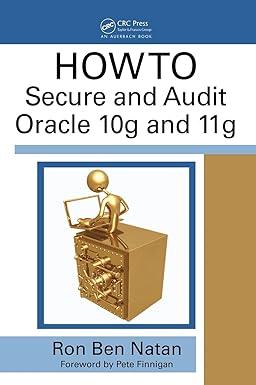Question
. A taxpayer is considering buying a fully taxable corporate bond. The bond has a remaining maturity of 5 years, promises to pay 6% interest
. A taxpayer is considering buying a fully taxable corporate bond. The bond has a remaining maturity of 5 years, promises to pay 6% interest annually (assume interest is payable annually) and has a face value of $1000 The taxpayer faces a 31% tax rate on the interest income and requires a pretax rate of return 6% to invest. What price is considered is the taxpayer willing to pay for the bond? The same taxpayer is considering buying a tax-exempt municipal bond. The municipal bond as a remaining maturity of 5 years, also promises to pay 6% interest annually (again the coupon interest is payable annually), and has a face value of $1,000. Assume the corporate and municipal bonds are equally risky. At what price is the taxpayer indifferent between the corporate and municipal bond? (Alternatively stated, what is the taxpayer willing to pay for the municipal bond assuming he requires a pretax rate of return of 6% and faces a marginal tax rate of 31%?) How does this example relate to the discussion of implicit taxes in the text? (This exercise assumes you are familiar with present value techniques and pricing of bonds.)
Step by Step Solution
There are 3 Steps involved in it
Step: 1

Get Instant Access to Expert-Tailored Solutions
See step-by-step solutions with expert insights and AI powered tools for academic success
Step: 2

Step: 3

Ace Your Homework with AI
Get the answers you need in no time with our AI-driven, step-by-step assistance
Get Started


